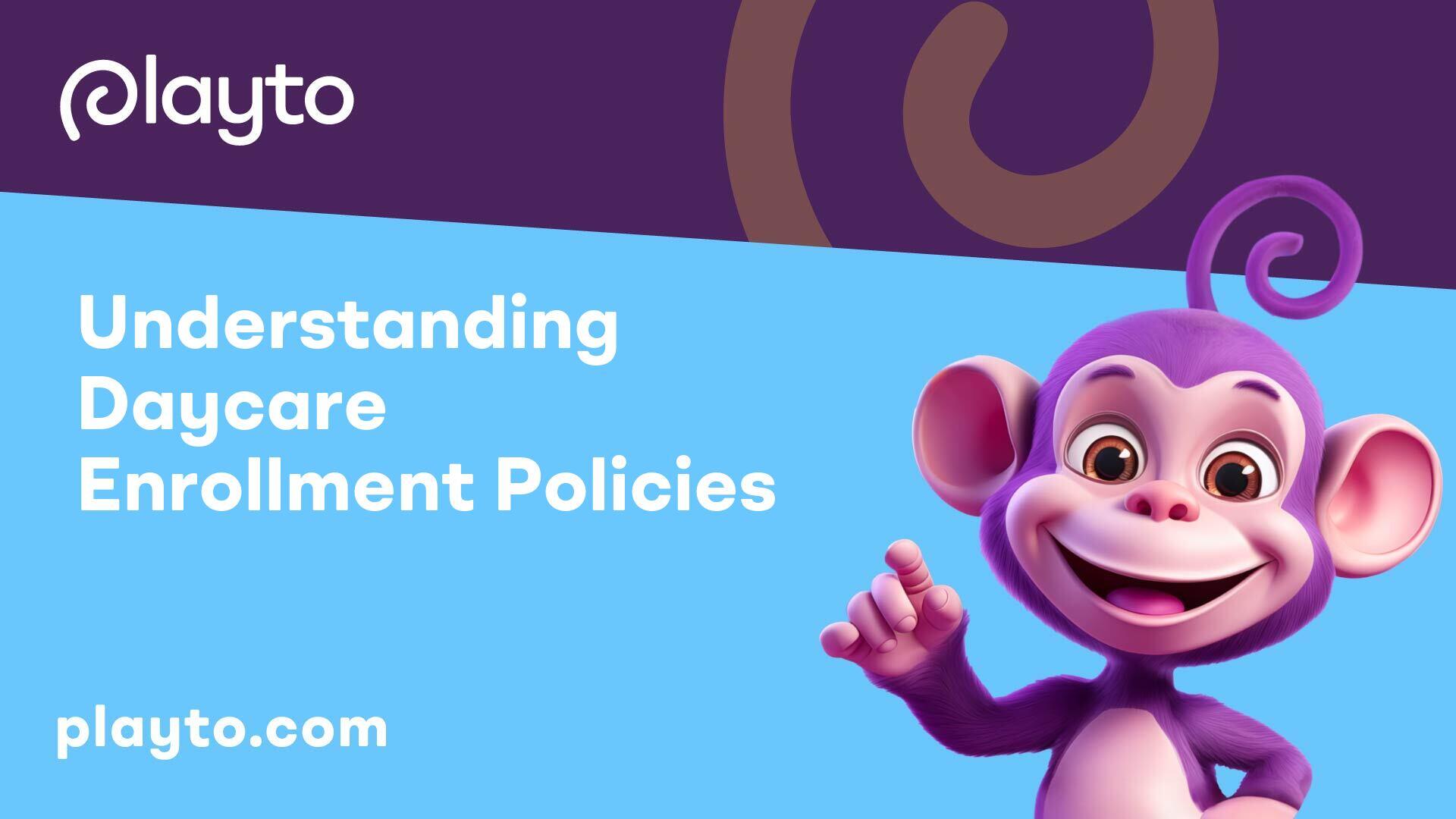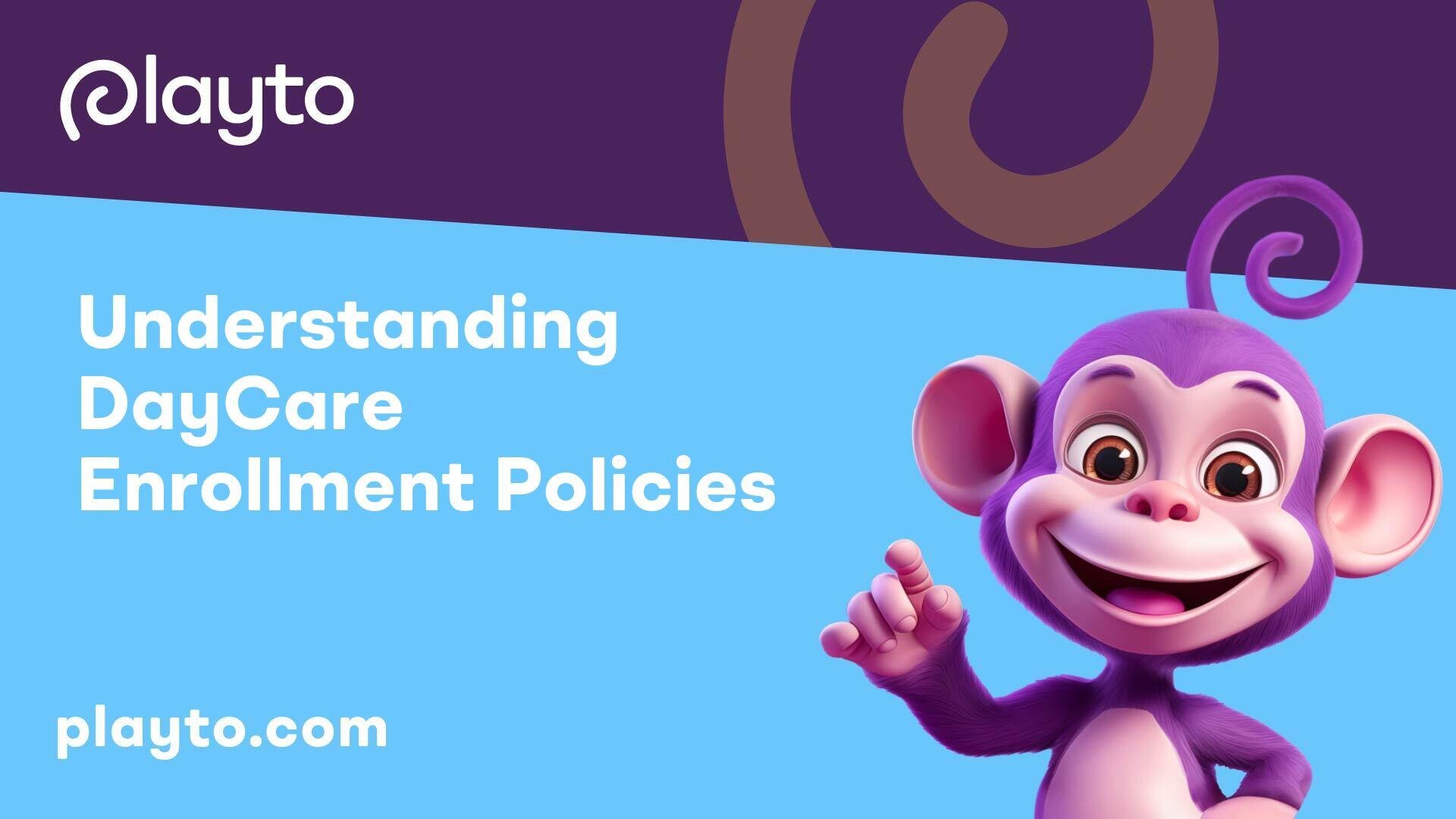
Understanding Daycare Enrollment Policies
When it comes to understanding daycare enrollment policies, it's essential for parents in New York to comprehend the financial impact of enrolling their child in a daycare program. Child care can constitute a significant portion of a family's budget in the United States, often surpassing the costs of housing, food, or even college tuition. Therefore, families must carefully assess the financial implications of daycare enrollment to ensure it fits within their budget.
Financial Impact of Daycare
The financial aspect of daycare enrollment goes beyond just the tuition fees. Parents in New York should consider additional costs such as registration fees, supply fees, late pickup fees, and any extra services provided by the daycare. Understanding and planning for these expenses upfront can help parents budget appropriately and avoid financial stress down the line.
Furthermore, parents should explore available financial assistance programs or subsidies that may help offset the costs of daycare. Programs like the Publicly Funded Child Care program in Ohio assist eligible parents who are working or in school pay for child care, supporting workforce participation and early education for children. Similar programs may be available in New York to provide financial support to families in need.
Required Enrollment Forms
Enrolling a child in daycare involves completing a series of necessary enrollment forms to ensure that the child's information, emergency contacts, medical history, and permissions are accurately documented. It's crucial for parents to adhere to the enrollment process outlined by the daycare facility.
Enrollment in a daycare program is not considered binding until all required forms and documents are received and confirmed by the daycare office. Parents should complete and submit the necessary enrollment forms at least two weeks before the child's intended start date to allow for processing and review.
By understanding the financial implications of daycare enrollment and completing the required enrollment forms in a timely manner, parents in New York can navigate the enrollment process smoothly and provide their child with a positive and secure daycare experience. It's essential to be proactive, informed, and organized when enrolling your child in daycare to ensure a successful and stress-free transition.
Operating Policies
When it comes to daycare operations, two key areas that play a significant role in providing quality childcare are licensing regulations and the drop-off & pickup policy. Adherence to these policies not only ensures the safety and well-being of the children but also maintains compliance with state regulations.
Licensing Regulations
Licensed or certified childcare providers are obligated to abide by specific operating hours established by the state to maintain the safety and quality of care provided. Deviating from these set hours can result in penalties, fines, or citations.
Childcare centers can establish strict operating hour policies to enforce compliance with licensing regulations. This may include setting a cutoff time for parents to pick up children to ensure operations are within the approved timeframe. Such policies not only uphold regulatory standards but also promote efficient daycare operations and staff management.
Drop-off & Pickup Policy
A well-defined drop-off & pickup policy is essential for ensuring a smooth transition between home and daycare for both children and parents. Transparent communication of these policies, such as those put forth by Little Angels Daycare & Preschool, helps to set clear expectations for families.
Childcare providers may choose to implement policies that require parents to pick up children before the designated cutoff time. This proactive approach not only aligns with licensing regulations but also demonstrates a commitment to the safety and welfare of the children under their care.
To reinforce the importance of punctuality, childcare providers can send out reminders about the drop-off & pickup policy periodically. This practice serves as a gentle yet firm reinforcement of the daycare's expectations and emphasizes the significance of complying with operational policies throughout the year.
Creating a structured drop-off & pickup policy, consistent with licensing regulations and transparently communicated to parents, is a foundational aspect of effective daycare operations. By incorporating such policies, daycare providers can maintain a safe and organized environment while fostering positive relationships with families and ensuring the well-being of the children in their care.
Fee Structure
When it comes to understanding daycare enrollment policies, one crucial aspect for both childcare centers and parents is the fee structure, which includes determining tuition rates and ensuring payment compliance.
Determining Tuition Rates
Establishing tuition rates for childcare centers involves careful consideration of various factors to ensure fairness and sustainability. According to Kangarootime, the rates are typically influenced by factors such as schedules, competitors' rates, child ages, and occupancy levels of rooms. Infants often come with higher care costs due to the required caretaker-child ratio, while rates for older children can be adjusted as the ratios are more flexible.
To maintain consistency and transparency, childcare centers are advised to maintain uniform rates, whether charged weekly, monthly, or bi-weekly. It's crucial to avoid charging different rates to different families and to clearly communicate all fee-related policies to ensure transparency and trust [4].
Researching competitors' tuition fees periodically is essential to benchmark rates effectively. Analyzing at least 5 local competitors similar to your program can help in positioning your rates competitively within the market. It's recommended to aim for rates that strike a balance between competitiveness and reflecting the value and unique offerings of your program.
Ensuring Payment Compliance
For childcare centers, ensuring payment compliance is vital for maintaining operational stability and providing quality care. Understanding the costs associated with running a childcare center, such as rent, utilities, salaries, and curriculum expenses, is key to setting tuition rates that cover these costs while allowing for profitability.
It's essential to be aware of annual budgets and fluctuations in monthly expenses to prevent financial strain and maintain the center's financial health. Charging appropriate tuition rates that accurately reflect the value of the services offered by the childcare provider helps in sustaining the program's quality and reputation.
By navigating the intricacies of determining tuition rates and prioritizing payment compliance, both childcare centers and parents can establish a transparent and mutually beneficial financial framework that supports a nurturing environment for children.
Enrollment Process
When navigating the daycare enrollment process, there are specific requirements and considerations that parents need to be aware of. Two crucial aspects of the enrollment process are immunization requirements and special diet considerations.
Immunization Requirements
State regulations mandate that children must meet specific immunization requirements before admission to a family day home. These requirements are in place to safeguard the health and well-being of all children in the daycare setting. According to Infant Toddler Family Day Care, physicals and immunizations must be documented on the Virginia Health Information Form or a physician's form, signed, stamped, and dated by a licensed physician, physician's designee, or an official from a local health department. This ensures that children are up-to-date with their vaccinations and protected against preventable diseases.
It is important to note that exemptions for immunizations are permitted for medical or religious reasons, as outlined in the Virginia Health Information Form. Parents should communicate any immunization concerns or exemptions to the daycare provider during the enrollment process to ensure compliance with state regulations and the safety of all children in the facility.
Special Diet Considerations
In daycare settings, accommodating children with special dietary needs, including food allergies or prescribed diets, is essential to maintain their health and well-being. If a child has specific food allergies or dietary restrictions, parents are required to complete a Statement for Special Diet Prescription form, as specified by the daycare provider and recommended by a pediatrician. This form helps communicate the child's dietary requirements to the daycare staff, ensuring that meals and snacks provided align with the child's needs.
By addressing special diet considerations upfront during the enrollment process, daycare providers can implement appropriate meal plans and food safety measures to accommodate each child's nutritional needs. Open communication between parents and daycare staff regarding special dietary requirements is paramount to creating a safe and inclusive environment for all children in the daycare setting.
Adhering to immunization requirements and special diet considerations is crucial for a smooth and successful enrollment process in daycare facilities. Parents are encouraged to proactively address these aspects and provide accurate information to ensure the health, safety, and well-being of their children while attending daycare.
Payment Methods
When it comes to managing payments for daycare services, selecting the appropriate payment methods is essential for both parents and daycare providers. In this section, we will explore the two key aspects related to payment methods for daycares: the PayPal processing fee and budget considerations for daycares.
PayPal Processing Fee
At Infant Toddler Family Day Care, parents have the convenience of making payments via PayPal, a popular online payment platform. However, it's important to note that there is a 3% processing fee applied to all PayPal payments. This fee is charged to cover the transaction costs associated with processing payments through PayPal.
It's crucial for parents to be aware of this additional fee when making payments through PayPal to ensure they budget accordingly. Daycare providers can also factor in these processing fees when calculating their overall revenue and expenses, helping to maintain financial transparency and efficiency.
To optimize payment processes and minimize additional costs, both daycare providers and parents can explore alternative payment methods that offer competitive transaction fees and streamlined payment processing.
Budget Considerations for Daycares
Understanding the financial aspects of operating a daycare center is integral to setting appropriate tuition rates and ensuring financial sustainability. Setting tuition rates that align with the operational costs of a daycare is essential to maintaining profitability and quality service provision.
To establish effective fee structures, daycare operators should consider various expenses such as rent/mortgage, utilities, staff salaries, and curriculum costs. By analyzing these expenses, daycare providers can determine the necessary revenue required to cover operational costs and generate a reasonable profit margin.
Using advanced childcare management software like Kangarootime can help automate billing and invoicing processes, leading to increased efficiency in payment collection and financial organization. Implementing such systems can streamline financial operations, reduce administrative burdens, and enhance the overall financial health of the daycare center.
Moreover, tracking annual budgets and monitoring any fluctuations in monthly expenses is crucial for maintaining enrollment numbers and maximizing profitability. By staying informed about financial trends and operational costs, daycare providers can make informed decisions regarding tuition rates, fee structures, and budget allocations, ultimately ensuring the long-term financial stability of the daycare center.
By balancing payment methods that cater to parent convenience and budget considerations with meticulous financial planning, daycares can optimize their financial management practices and provide a transparent and efficient payment experience for both parents and daycare operators.
References
[2]:
[3]:
[4]:
[5]:
[6]:
